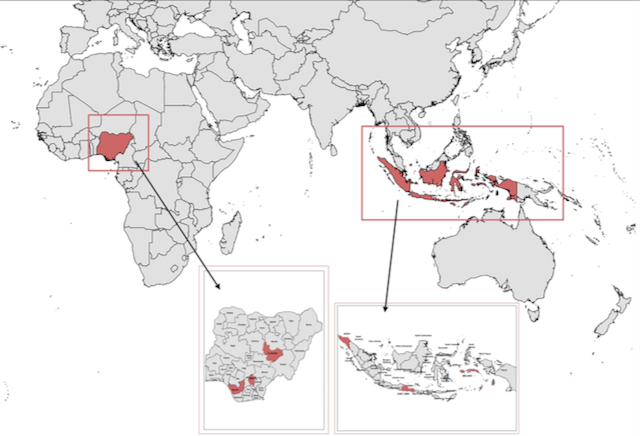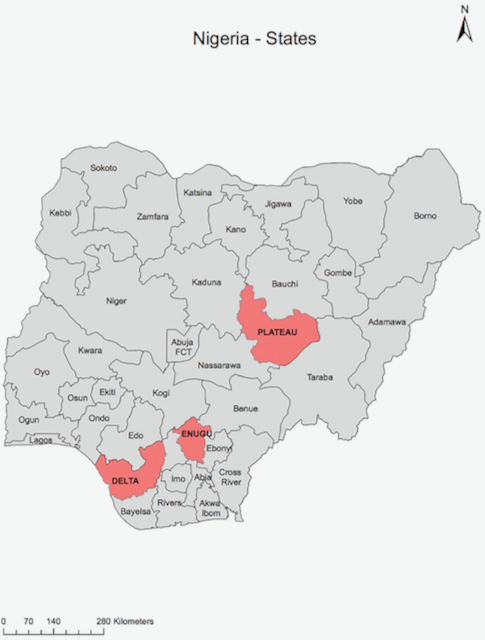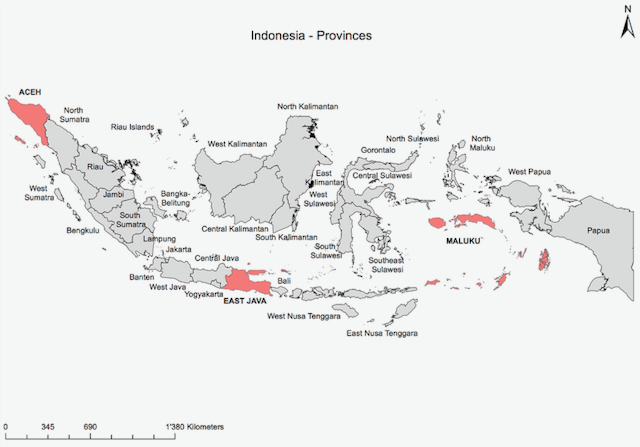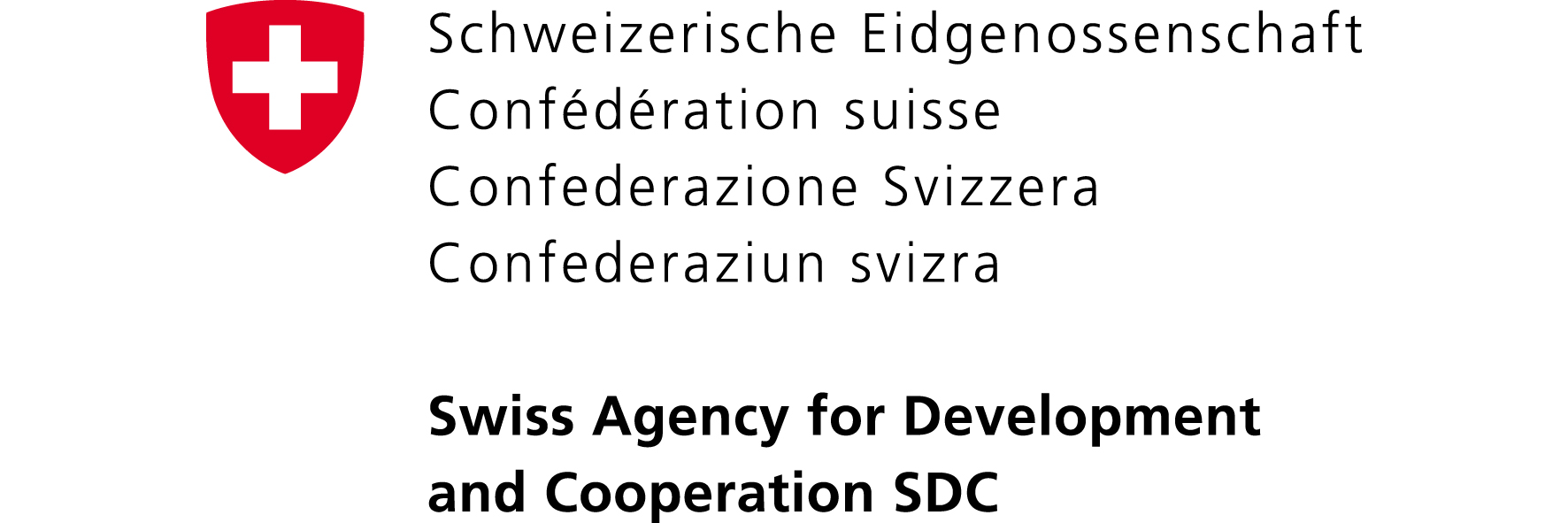Background
Research in International Relations and Gender Studies shows that gender inequality is correlated with a country’s tendency to solve conflicts violently, and that processes of conflict escalation involve a militarization of masculinities. However, there is limited knowledge on how gender relations interlink with social conflict, armed violence and peacebuilding at the micro-level. Civil war research has demonstrated that the spread and intensity of violence varies on the ground, suggesting that the capacity of communities for conflict management is an important factor that renders them more or less vulnerable to armed conflict. The project starts from the assumption that intersectionally gendered power relations affect a community’s capacity to manage conflicts and prevent violence. We call conflict management and peacebuilding practices intersectionally gendered when they draw on constructions of femininity and masculinity in conjunction with age, ethnicity, religion and other identity categories.



























































